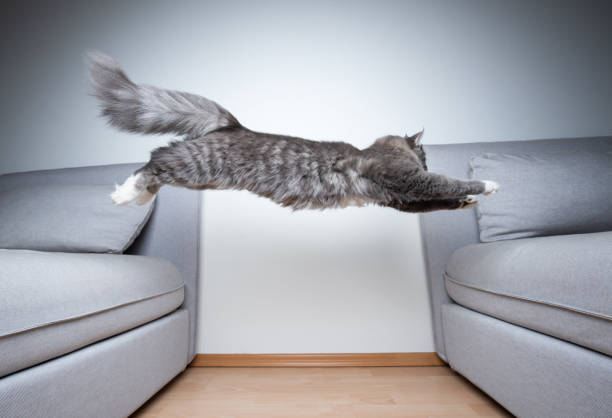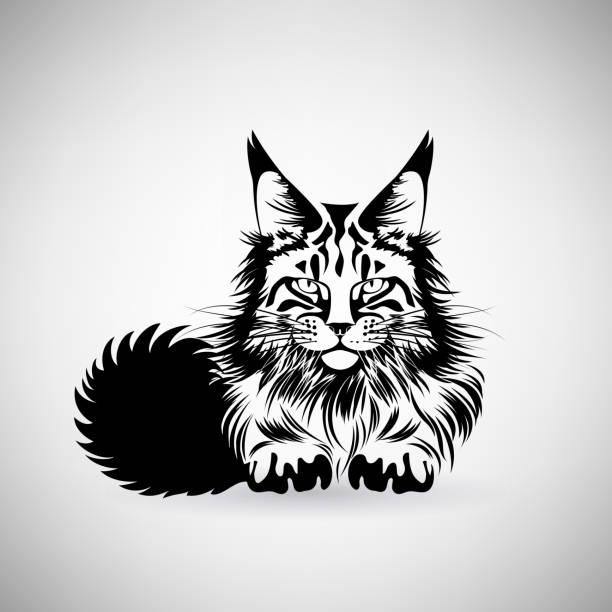While Maine Coon cats are generally healthy and robust, like all breeds, they are prone to certain health conditions and genetic disorders. In this article, we will discuss some of the most common health issues that affect Maine Coon cats, and what you can do to keep your furry friend healthy and happy.
Hip Dysplasia
Hip dysplasia is a common health issue in many large dog breeds, but it can also affect Maine Coon cat. This condition occurs when the hip joint does not develop properly, leading to pain, stiffness, and difficulty walking.
If you suspect that your Maine Coon cat may be suffering from hip dysplasia, it is important to seek veterinary care right away. Treatment options may include medication, physical therapy, or surgery, depending on the severity of the condition.
Heart Disease
Maine Coon cats are also at increased risk for developing heart disease, particularly hypertrophic cardiomyopathy (HCM). This condition causes the walls of the heart to thicken, making it more difficult for the heart to pump blood effectively.
Symptoms of HCM in Maine Coon cats may include lethargy, difficulty breathing, and loss of appetite. If left untreated, HCM can lead to heart failure and death. Treatment options may include medication, dietary changes, and regular monitoring by a veterinarian.
Polycystic Kidney Disease
Polycystic kidney disease (PKD) is a genetic disorder that affects Maine Coon cats and other breeds. This condition causes cysts to form on the kidneys, which can eventually lead to kidney failure.
Symptoms of PKD in Maine Coon cats may include increased thirst and urination, weight loss, and lethargy. There is no cure for PKD, but early detection and treatment can help slow the progression of the disease and improve your cat's quality of life.

Obesity
Obesity is a common health issue in Maine Coon cats, as these cats have a tendency to overeat and lead sedentary lifestyles. Obesity can lead to a variety of health problems, including diabetes, joint problems, and heart disease.
To prevent obesity in your Maine Coon cat, it is important to provide them with a healthy, balanced diet and plenty of opportunities for exercise and play. Regular veterinary check-ups can also help you keep your cat at a healthy weight.
Conclusion:
Maine Coon cats are a wonderful breed of cat, but like all breeds, they are prone to certain health conditions and genetic disorders.
By understanding the health issues that affect Maine Coon cats and taking steps to prevent and treat them, you can help ensure that your furry friend stays happy and healthy for years to come.
Regular veterinary care, a healthy diet, and plenty of exercise and playtime can go a long way in keeping your Maine Coon cat in top shape.
By understanding their unique characteristics and taking steps to keep them healthy, you can enjoy many happy years with your furry friend.


